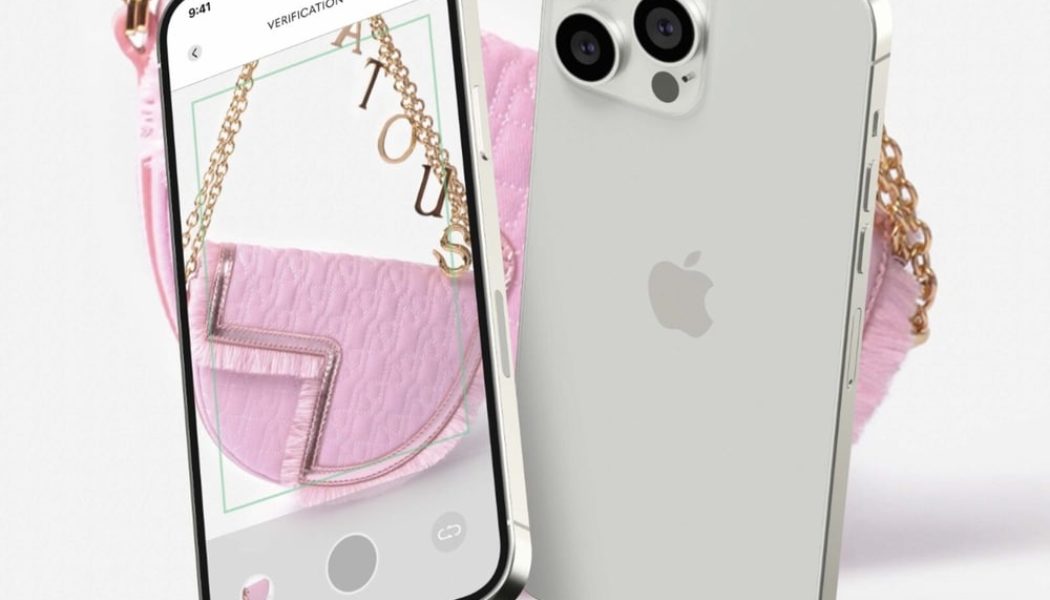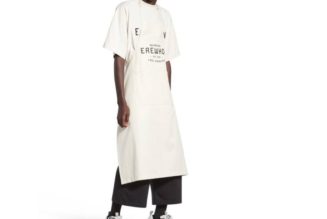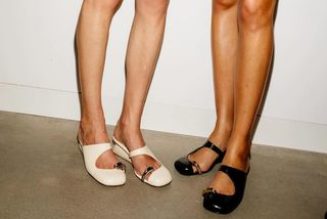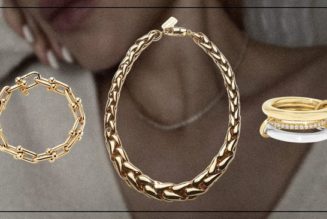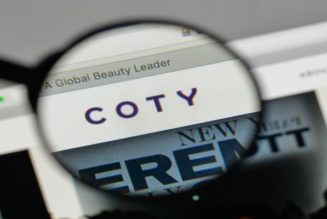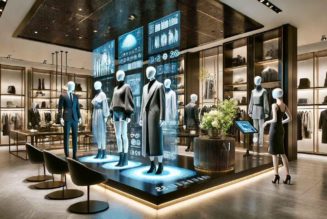The Ordre Group has been quietly powering the fashion metaverse since before the word even appeared in the dictionary. Despite remaining under the average consumer’s radar, the leading technology firm has guided a number of luxury brands and retailers (including Louis Vuitton, Loewe, The Row, and Bottega Veneta) towards innovation.
Last month, the group teamed up with LVMH-owned fashion house Patou to launch a new digital verification technology for its products.
The solution, “Authentique Verify,” allows Patou to connect each of its high-end products to a unique digital fingerprint, which verifies the asset as an authentic piece. Owners are also able to access a unique digital ID when they purchase a product, which includes information on its warranty and provenance, as well as Patou’s sustainability pledge.
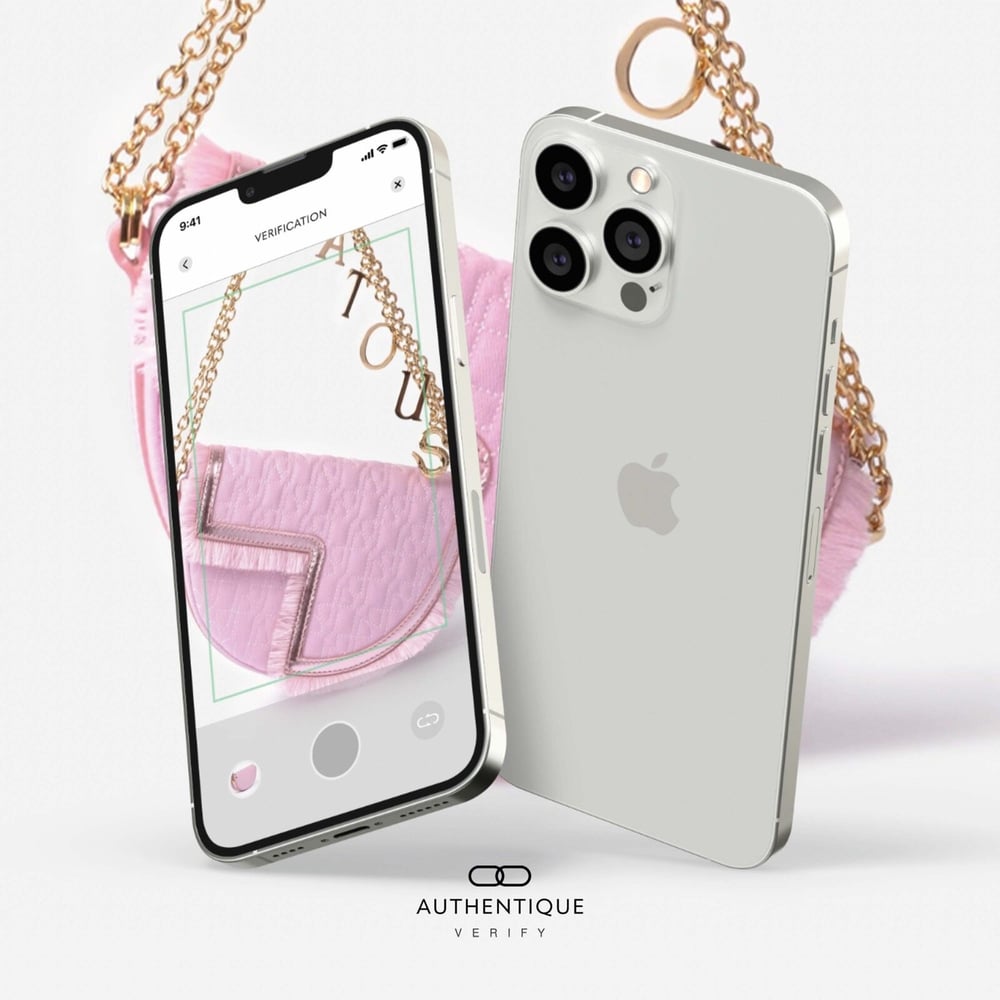
Authentique Verify creates unique digital fingerprints of physical luxury products using a smartphone. Photo: Patou
The partnership is part of The Ordre Group’s strategy to extend its offerings and deepen its investment in Web3.
“While the initial vision was to develop simple technology whereby you could point a phone at a product and authenticate it, it has accelerated due to the development of Web3, as well using digital identities in the form of NFTs to validate and verify products,” the startup’s founder Simon Lock tells Jing Daily. “This is where we’re finding the greatest amount of interest from luxury brands.”
Founded in 2014, the company was built on the ambition to redefine the relationship between retailers and consumers. Since its establishment, The Ordre Group has developed and rolled out programs including its Orb360 — an interactive imagery feature implemented by the likes of Marc Jacobs and Thom Browne — and Ordre Meta, a white-label B2B digital metaverse designed to be utilized by luxury fashion houses.
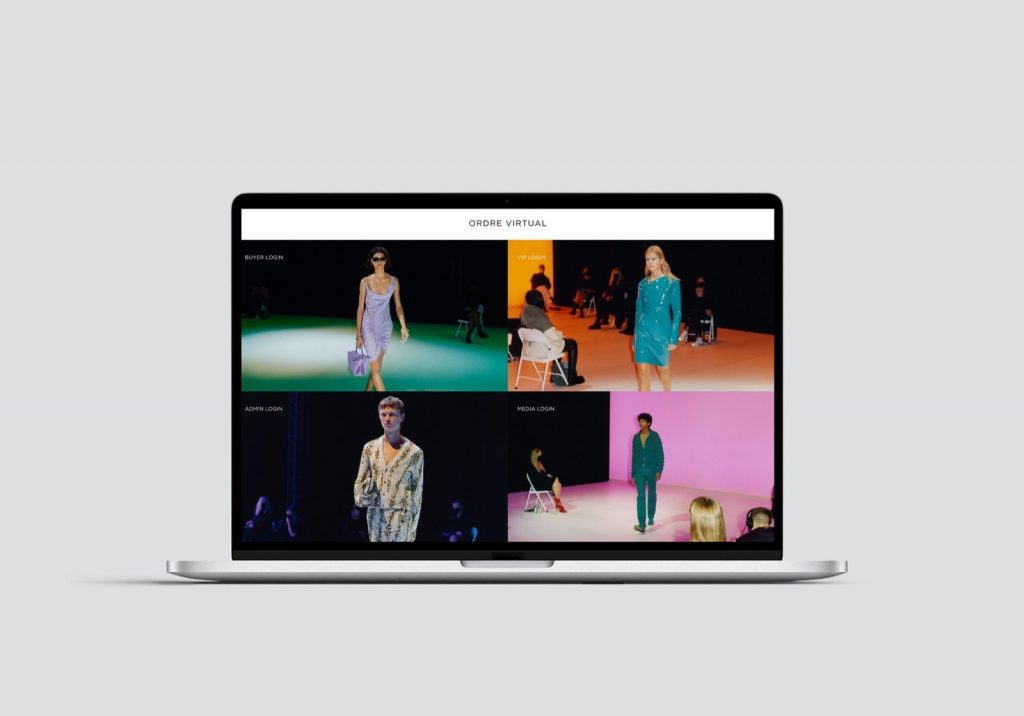
Ordre Meta is a custom, standalone B2B virtual metaverse for luxury design houses, launched in 2020. Photo: The Ordre Group
But recent speculation surrounding Web3 tech, and its native jargon, has proved a challenge to luxury fashion’s entry into the metaverse. While Lock explains that brands are on a mission to create digital identities that provide information on transparency, sustainability, and product details, the technology powering them has developed a dicey reputation.
“We don’t actually talk about the digital identities that we create for our Authentique verification NFTs, because there’s quite a bit of paranoia around NFTs at the moment, driven by speculation around fashion collectibles and digital wearables, which haven’t really taken off,” Lock says. “While it is a blockchain application, we don’t talk about it as such, and consumers don’t want to know about it. No one cares what the technology is built on. All they want to know is that they have the digital ID on their phones.”
Paranoia surrounding NFT applications has forced many companies to rethink their strategies. But this doesn’t mean many aren’t investing in their use-cases — despite opting to play down the technical terminology.
Luxury blockchain solution Aura Blockchain Consortium has adopted a similar approach. Though the platform has been vocal about its backing of Web3, a quick scroll through its website shows a calculated avoidance of terms such as “metaverse” and “NFTs.”
The advantages of the tech, however, can’t be ignored. “The benefits of a digital ID that arrives as a Web3 NFT, rather than just a link to a Web2 mini-site, is that it provides unique individual ownership through a wallet, and it can be used by a brand to maintain an ongoing relationship with the owner,” Lock says.
It’s also an improvement on Web2’s existing technological solutions. “These old-school Web2 technologies can be a bit clunky. For example, a number of luxury brands’ products have RFID chips embedded in them but, when you scan them in the UK, they don’t work,” Lock adds. “They only work in Europe. One of the reasons is because there are different consumer data protection laws. One of the beauties of Web3 is that it is global, and the technology is seamless.”
As for Authentique, the new service will also help tackle the decades-long implications of counterfeiting in luxury. Once a brand establishes a digital ID for its physical products, they’re ultimately verified for the rest of their life, delivering assurance to their owner. Lock believes that this will encourage more brands to launch their own secondary sales models.
“What brands want to do now is not only create digitized entities, but also create the resale platforms themselves,” he says. “Consumers can take their physical products and digital IDs, put them into their dedicated app, and push the ‘resell’ button. Completing the process entirely through the certified platform means it’s guaranteed that they’re buying a real product.”
Despite its low-key presence, The Ordre Group is a key contributor to the luxury fashion industry’s adoption of the metaverse and accelerating innovation. But out of the 200 luxury brands the company fosters, how many are looking to deploy the new Authentique feature following Patou’s adoption?
“We’re in talks with a number of brands,” Lock outlines, “but we have a big Authentique project with a major luxury label that will be announced around September.”
